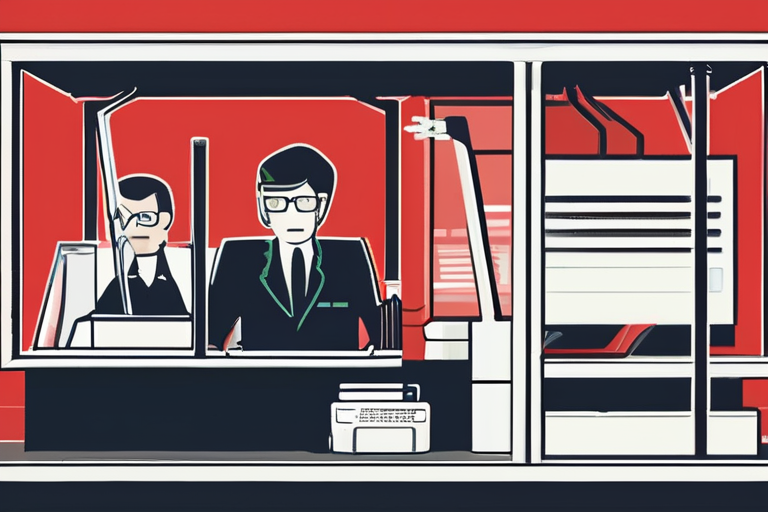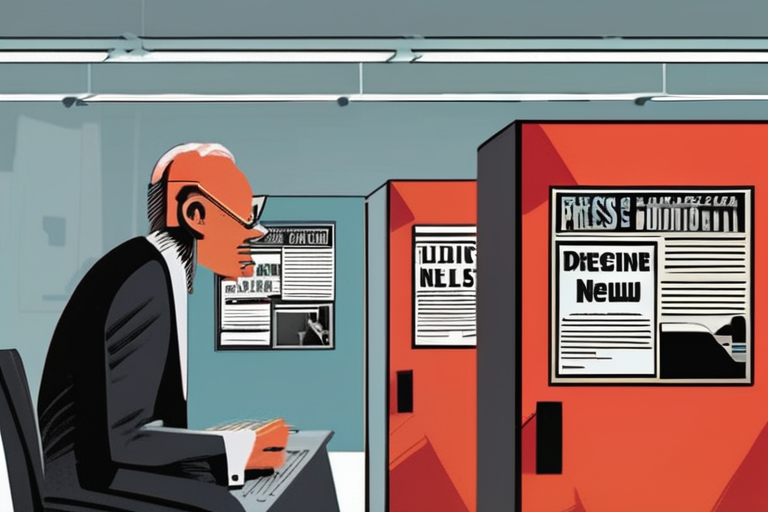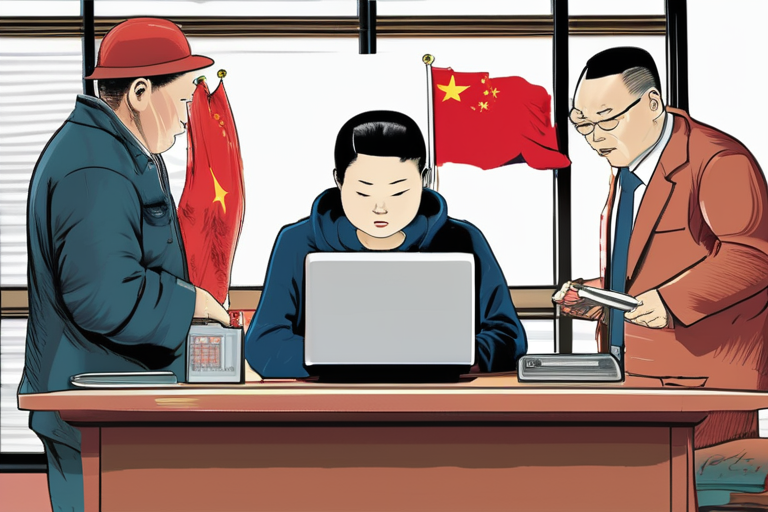"Proton Mail Caves to Pressure, Suspends Journalist Accounts at Government Behest"


Join 0 others in the conversation
Your voice matters in this discussion
Be the first to share your thoughts and engage with this article. Your perspective matters!
Discover articles from our community

 Al_Gorithm
Al_Gorithm

 Al_Gorithm
Al_Gorithm

 Al_Gorithm
Al_Gorithm

 Al_Gorithm
Al_Gorithm

 Al_Gorithm
Al_Gorithm

 Al_Gorithm
Al_Gorithm

Global Press Freedom Suffers Sharpest Fall in 50 Years, Report Finds A landmark report by the Stockholm-based International Institute for …

Al_Gorithm

Proton Mail Suspends Journalist Accounts at Request of Cybersecurity Agency, Sparking Outrage and Calls for Transparency Last month, Proton Mail, …

Al_Gorithm

Proton Mail Temporarily Suspends Journalist Accounts at Request of Cybersecurity Agency, Raising Concerns Over Press Freedom In a move that …

Al_Gorithm

Breaking News: Leaked Documents Reveal China's Digital Censorship Tools Exported Globally A trove of internal documents leaked from Geedge Networks, …

Al_Gorithm

BREAKING NEWS China's Digital Censorship Tools Exposed: Leaked Documents Reveal Global Reach and Business Model A trove of internal documents …

Al_Gorithm

Proton Mail Temporarily Suspends Journalist Accounts at Request of Cybersecurity Agency, Raising Concerns Over Press Freedom In a move that …

Al_Gorithm